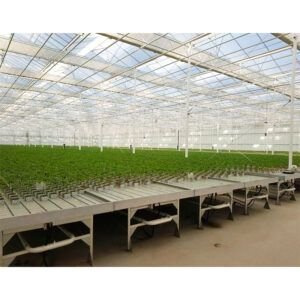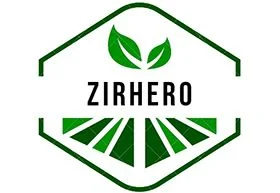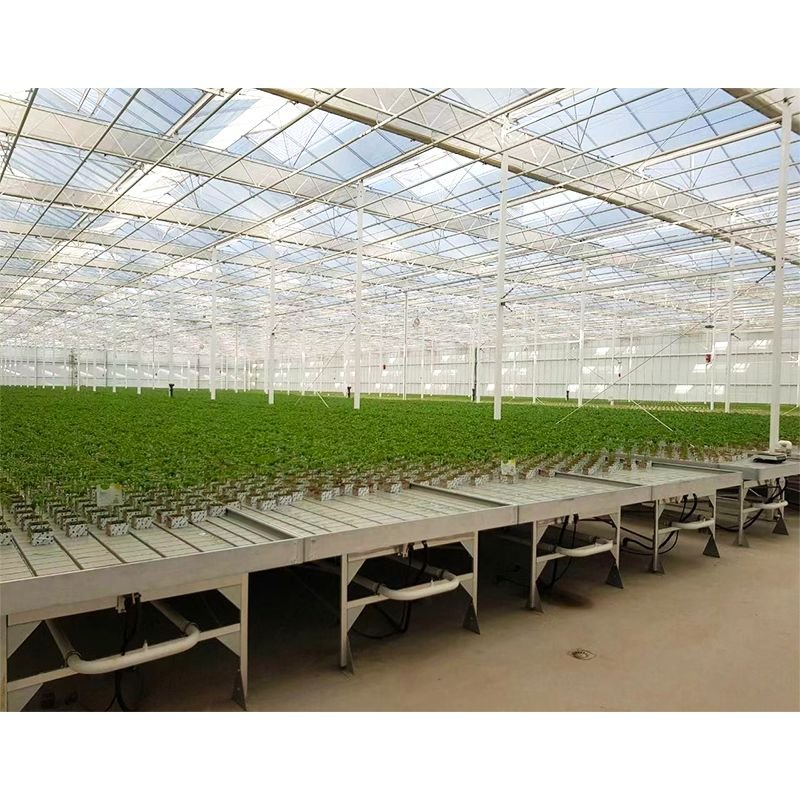
Innovative Venlo Glass-Polycarbonate Greenhouse in Ivory Coast: Hybrid Design with Advanced Cooling & Multi-Method Farming
In the heart of Ivory Coast, a groundbreaking agricultural solution is taking root. Our newly completed Venlo Glass-Polycarbonate Greenhouse—featuring durable glass and polycarbonate panels, intelligent cooling/shading systems, and multi-method growing techniques—is setting a new standard for tropical farming efficiency. Whether you’re battling extreme heat, inconsistent yields, or water scarcity, this project proves sustainable, high-tech agriculture is possible in West Africa.
The Future of Farming Has Arrived in West Africa
For decades, farmers across Ivory Coast and the wider West African region have battled the same relentless challenges: scorching tropical heat, unpredictable rainfall, soil degradation, and pest outbreaks—all conspiring to limit crop yields and economic potential. Traditional open-field agriculture, while culturally entrenched, too often translates to frustrating cycles of surplus and shortage, wasted water, and eroded profits.
But what if there were a smarter, more resilient way to farm under the African sun?
Innovative Venlo Glass-Polycarbonate Greenhouse in Ivory Coast: Hybrid Design with Advanced Cooling & Multi-Method Farming
After years of research, prototyping, and collaboration with Dutch greenhouse engineers and local agronomists, we proudly introduce Ivory Coast’s most advanced Venlo Glass-Polycarbonate Greenhouse—a game-changing fusion of European precision and African adaptability.
This isn’t just another greenhouse-Innovative Venlo Glass-Polycarbonate Greenhouse.
It’s a climate-proof, high-efficiency ecosystem where:
✔ Glass and polycarbonate panels work in harmony to diffuse harsh sunlight while retaining optimal warmth
✔ Intelligent cooling and dynamic shading systems maintain perfect growing conditions 24/7
✔ Hydroponics, Dutch buckets, and coconut peat substrates deliver higher yields with 90% less water than traditional farming
✔ Every element is engineered specifically for the tropical context—no more struggling with imported designs meant for temperate climates
Innovative Venlo Glass-Polycarbonate Greenhouse in Ivory Coast: Hybrid Design with Advanced Cooling & Multi-Method Farming
Why This Greenhouse Breaks the Mold
1. A Structure Built for Africa’s Challenges
Most greenhouses in West Africa are low-cost tunnels or makeshift structures that buckle under extreme weather. Ours is different:
Venlo-style architecture (the gold standard in Dutch horticulture) with reinforced aluminum framing
Hybrid glazing: Tempered glass roofs for light diffusion + multi-wall polycarbonate side panels for hail/storm resistance
12-meter spans allowing unimpeded airflow and mechanization
“The Venlo design’s ‘ridge-and-furrow’ roof is a revelation here,” says [Name], our lead agronomist. “It naturally vents hot air while preventing rain ingress—something conventional greenhouses fail at during Ivory Coast’s rainy seasons.”
2. Climate Control That Actually Works in the Tropics
Standard greenhouses often become heat traps in West Africa, but our integrated systems ensure 26–28°C year-round:
Evaporative cooling pads + axial fans (reducing temps by 8–10°C)
Retractable shade nets (40–80% density) automated via light sensors
AI-assisted climate monitoring (tracking VPD, humidity, and CO2)
3. Multi-Method Growing: Flexibility Meets Efficiency
Walk through this greenhouse, and you’ll see four distinct cultivation systems working in unison:
Deep Water Culture Hydroponics – For rapid lettuce/herb production
Dutch Bucket Systems – Heavy-yield tomatoes and peppers
Coconut Peat Bags – Disease-free strawberries and cucumbers
Traditional Soil Beds – For experimental native crops
“The coconut peat is a breakthrough,” notes [Farmer Name], one of our first partners. *“Before, root diseases wiped out 30% of our seedlings. Now? Near-zero losses.”*
A Blueprint for the Continent
Already, this project is drawing attention from:
Government agricultural ministries exploring scalable models
NGOs focused on food security
Commercial farms tired of unreliable imports
Watch the full story unfold in our video tour below:

